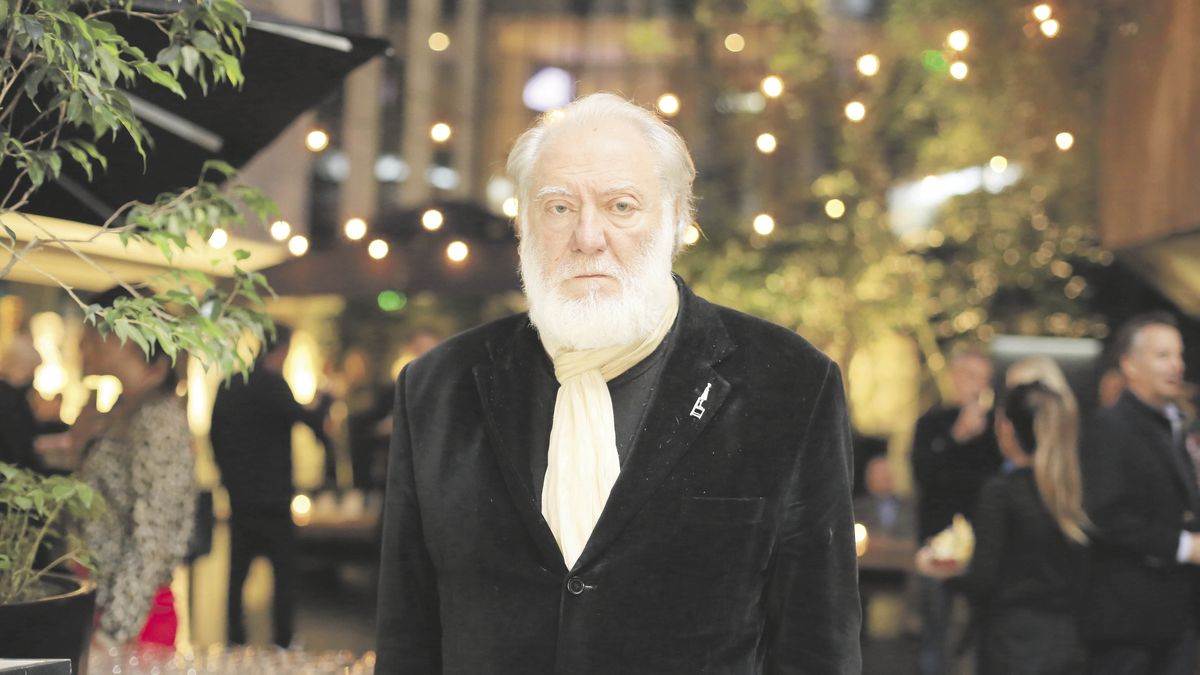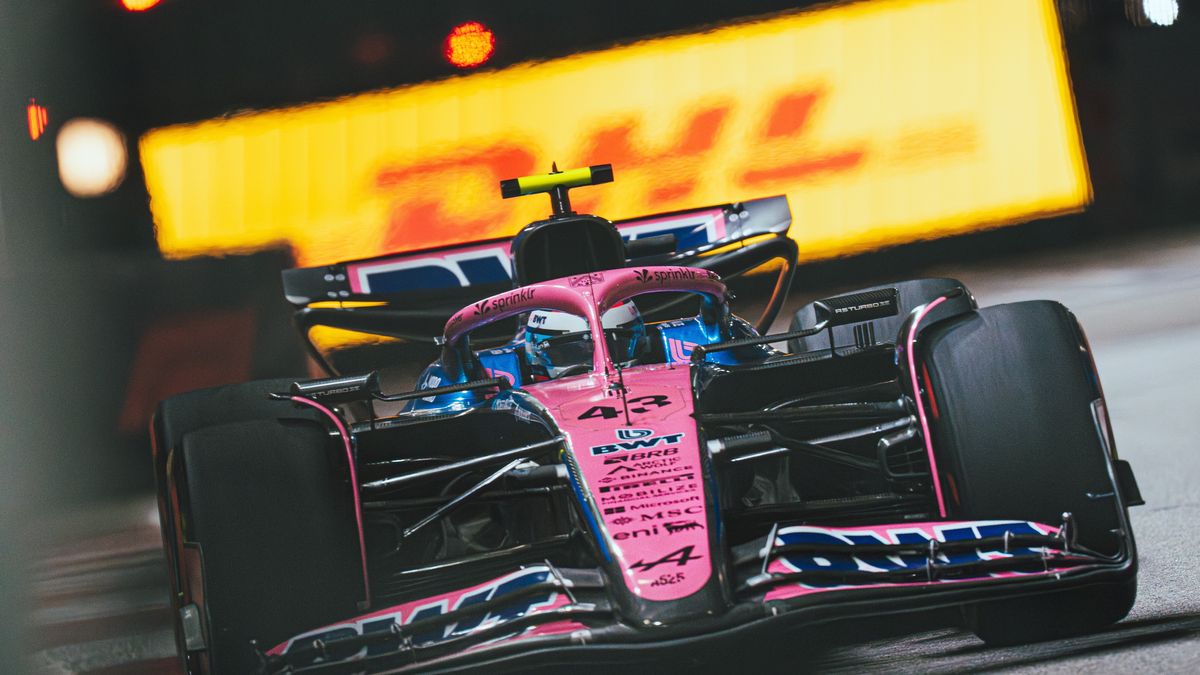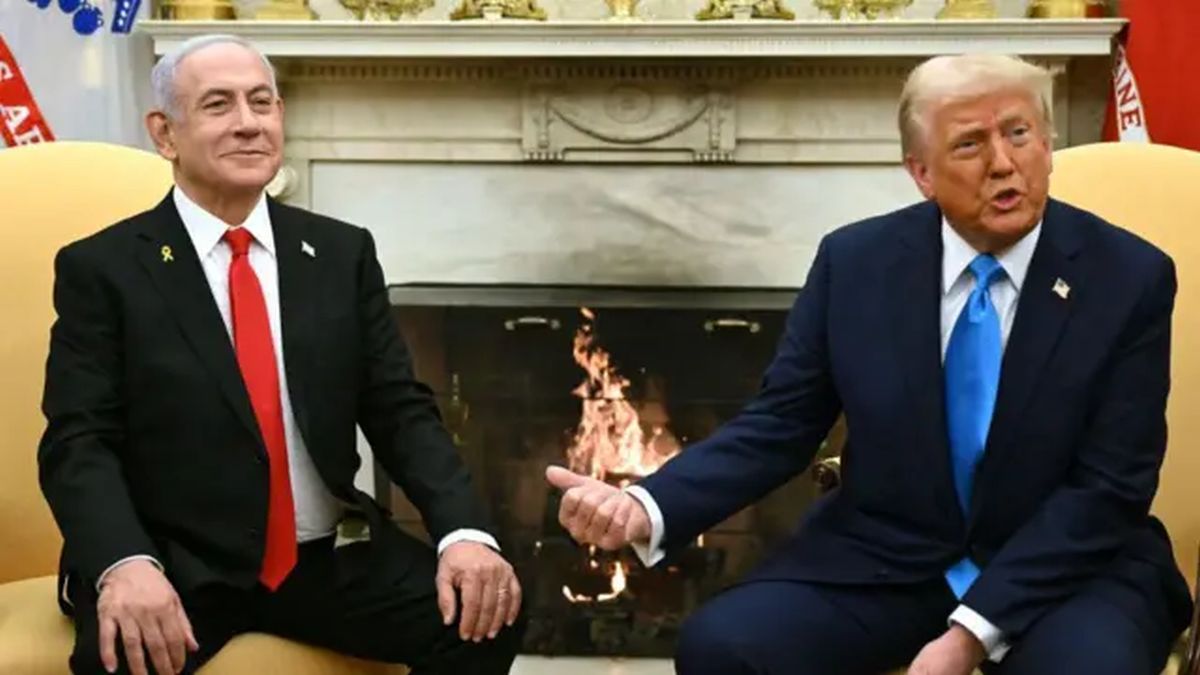Consecrated to the practice, study and teaching of Buddhism, his philosophy of life for years, for Cuttica art is a form of healing. “We live bombarded by a system of beliefs, in general so that one sector obtains its privileges at the expense of others. That is, the language we use thinks us. Healing occurs when we come to discover the toxicity of our existence and cleanse our language, because we are language, and only then can we begin to think for ourselves.”
Journalist: Should we distance ourselves from language?
Eugenio Cutica: From the language of the Matrix. People say “I have to lose weight, I’ll start on Monday”, and the first thing they do on Monday is eat a whole cake. The worst enemy is within yourself. Picasso said that a work of art is not a decorative element but a weapon of war. He was referring to this language that thinks for us, and in which we all do the same thing, and that even makes us believe that we are creative.
P.: For psychoanalysts, Lacan held something similar.
EC: Exactly, but let’s not get off topic. We must do a debugging of the language, because it has been corrupted on purpose. It is difficult to do that cleaning to go through it and reach the purity of a sacred geometry, a language that is an algebra, as Borges said. When this purification is done, the second meanings of the words are found, because they all have a second meaning: for example, when saying “secretary” one thinks that the best secretary is the one who writes the fastest on the computer; however, the word “secretary” is the person who best keeps a secret. Once this purification has taken place, we can act for the benefit of ourselves. In that flow enters abundance in every sense: of love, of truth, of freedom, of beauty. And also money. That is why art has a healing power. But not the fraudulent, marketing art, which is 95% of the art we know, and which is false. I am referring to the art of mastery, the true art, the art linked to philosophical truth. Art has the power to transform reality, that’s why I speak of healing through art, because pain and suffering are reduced.
P.: “Serendipity” is finding something beautiful even if you weren’t looking for it.
EC: It is a word of Persian origin, which was also used by the Greeks. Very beautiful.
Q.: Does it have to do with that other of Picasso, “I don’t look for, I find”?
CE In a way yes. But it’s really an epiphany, because art just happens, and sometimes when we don’t expect it.
Q.: Your work has changed radically since you left the country.
EC: Yes, I had my expressionist period, linked to emotions; then I went to study with spiritual teachers from the US and Canada, and then I began to paint silence. My work skyrocketed. I do not produce images but my paintings are energetic entities: if the work does not reach that point where the material stops being something inert to become energy, it does not leave my workshop. That’s why I sell a lot, and expensive, for what the Argentine market is, and I don’t need the device, the art dealers, all those people…
Q.: I know that you have a particular rejection of curators and galleries.
EC: Not for all, but for the vast majority yes. Currently there is an attitude of humiliation towards the artist, of appropriation on the part of those who deal in art. It could be said that there may be a conspiracy to make a substitution of master art for fraudulent art in order to convince distracted collectors.
P.: So, galleries no.
EC: At this point in my career, I try to exhibit only in museums. But the owners of this hotel, who are my collectors, asked me to make an exhibition in their gardens. I thought it was fantastic. There is a total correspondence between the architecture of this hotel and my work.
Q.: Tell me something about your life in the United States.
EC: I live in Southampton, which is an hour and ten minute drive from New York City. For three years we have lived on a 40-acre property that is next to a nature reserve where there are wild animals, deer, birds, fish, because there are three lakes. There are several huge metal buildings, and a main house.
P.: Similar to the idea that one has of paradise.
EC: It is. So much so that I don’t go to New York City anymore. My workshop is there, my family, which is a family of artists because my children and their spouses are too.
Q.: And how do you feel when you return to Argentina?
EC: It is a very controversial sentiment. I would tell him that I feel more Argentine outside my country than when I return to it. This is no longer the country of my childhood, which is the one I carry inside me when I live abroad. As if one could never stop being in exile, be it outside or inside.
Source: Ambito
David William is a talented author who has made a name for himself in the world of writing. He is a professional author who writes on a wide range of topics, from general interest to opinion news. David is currently working as a writer at 24 hours worlds where he brings his unique perspective and in-depth research to his articles, making them both informative and engaging.




